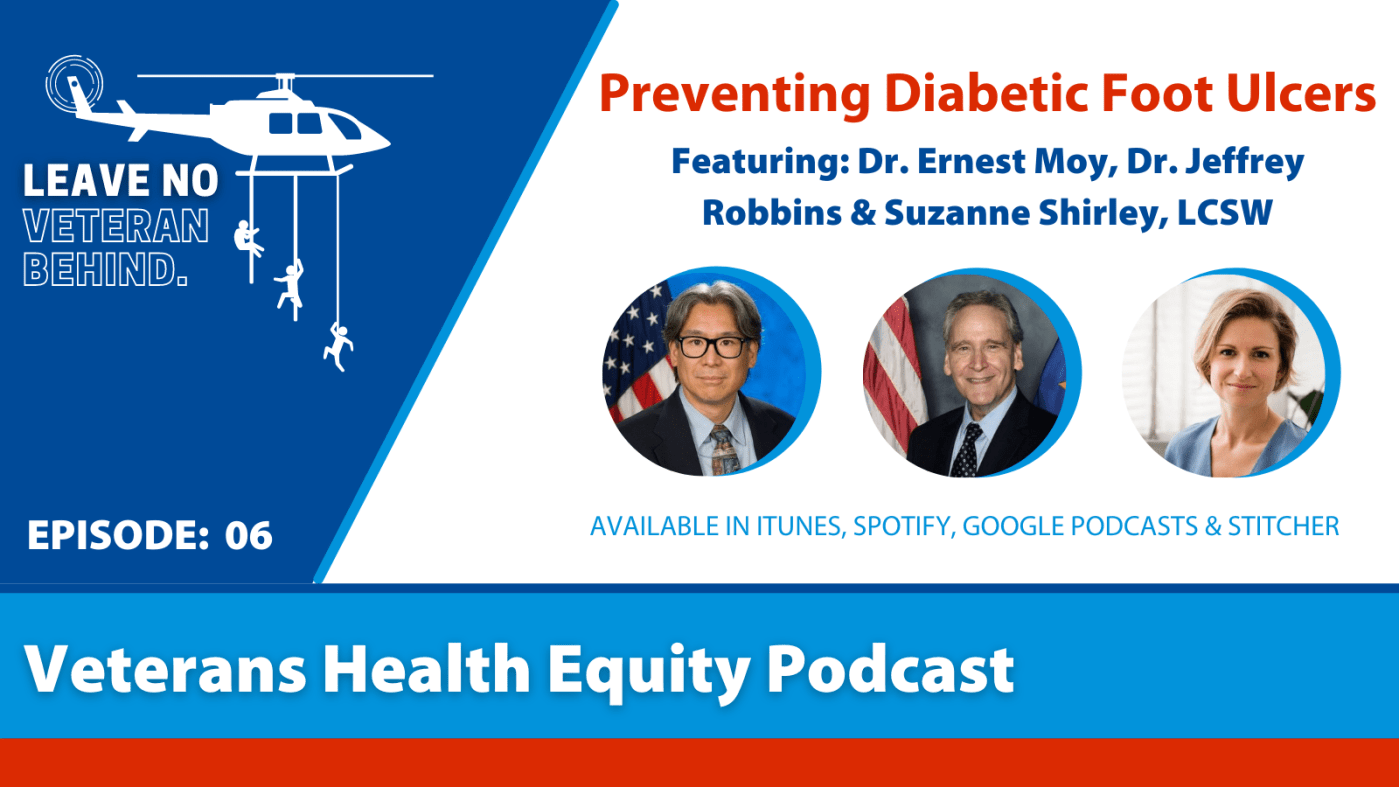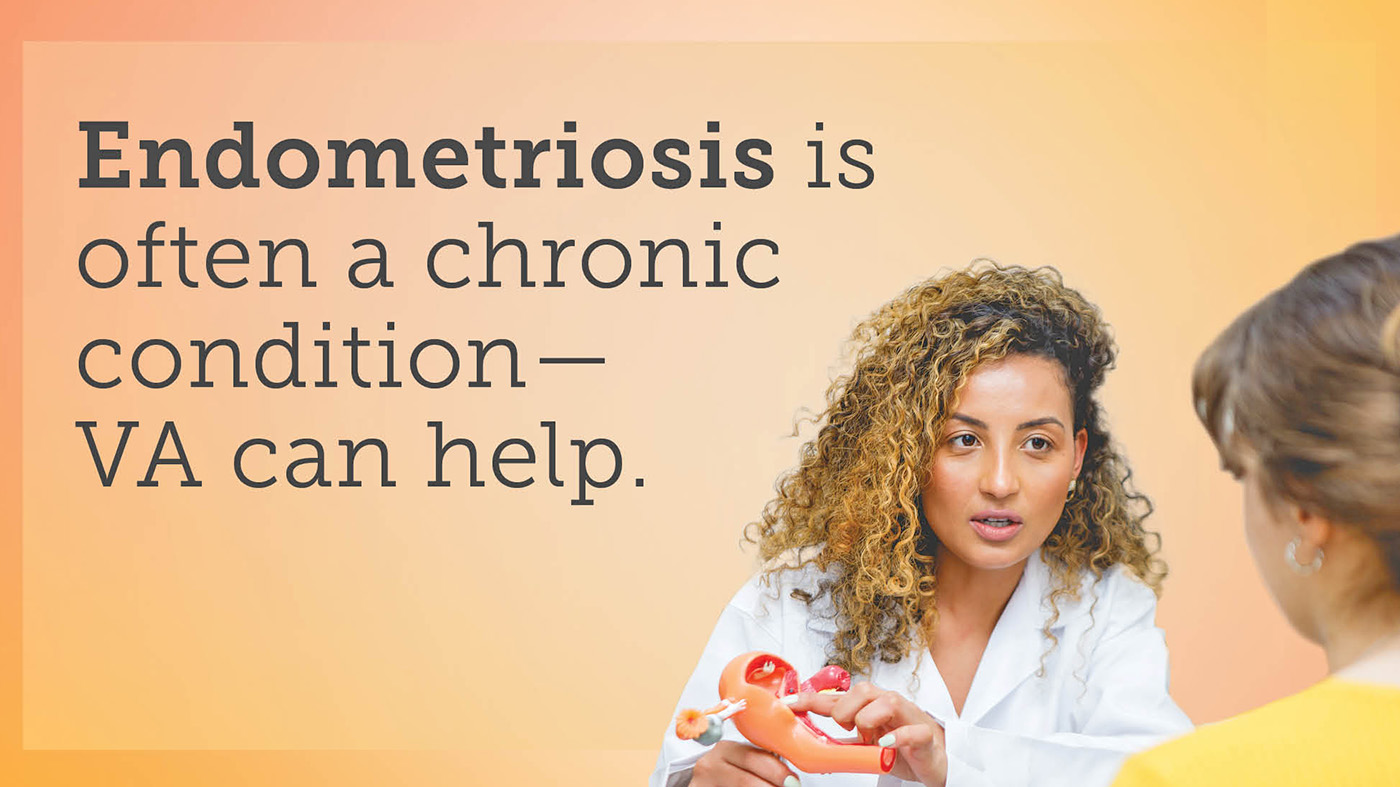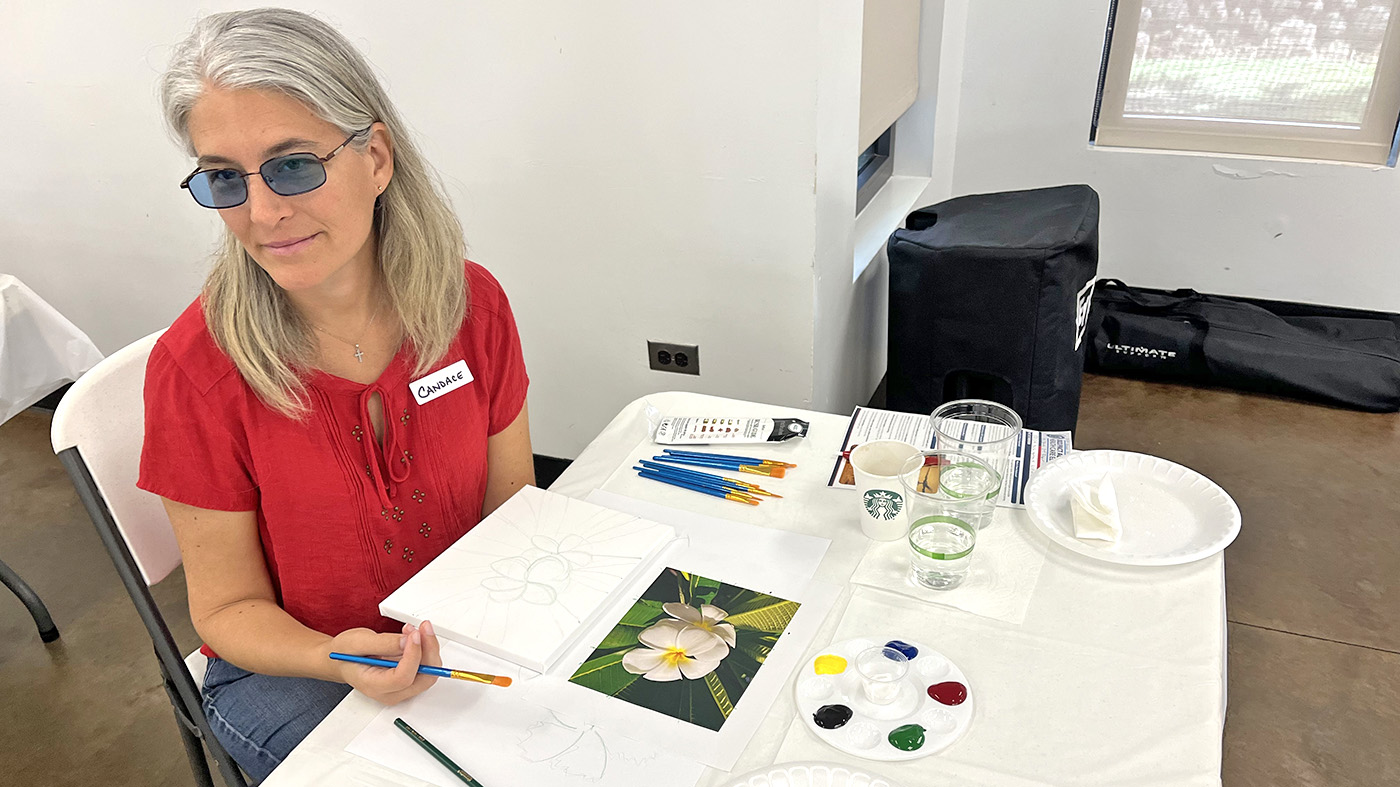In this episode, we are joined by Dr. Ernest Moy, Executive Director of the Office of Health Equity and Dr. Jeffrey Robbins, director of VA Central Office Podiatry Service. Also participating is Suzanne Shirley, director of Partnerships and Community Engagement with the VA Innovation Ecosystem.
Do you know why it is so crucial to address diabetic foot ulcers?
Moy discusses differences in Veterans affected by diabetic foot ulcers and why this program to manage and reduce foot ulcers can improve the health of our Veterans.
Robbins furthers this discussion by describing “Prevention of Amputations in Veterans Everywhere (PAVE),” a national model of care to prevent amputations in Veterans at risk.
Running continuously since 1993, PAVE is the longest-running prevention program in the US.
What you need to know about PAVE
In 2019, the VA Innovation Ecosystem launched an initiative to end diabetic limb loss. Shirley describes how heat-sensing mats detect subtle changes in foot temperature, an early sign of foot ulcers. This information allows providers to treat patients before the infections become severe and amputation is necessary.
This is why awareness is so important. You need to know the signs and symptoms when talking to your doctor.
PAVE program can help prevent amputations
PAVE has the ability to prevent, treat and track Veterans at risk for amputations. Shirley tallies the considerable cost-savings to VA and Veterans through early detection and amputation prevention.
Robbins recommends that anyone with diabetes monitor their blood glucose, inspect their feet each day and never walk barefoot. In addition, they should work closely with their health care providers to monitor any critical changes.
Although the mats described are mainly used in a few centers, any Veteran with a history of diabetic foot ulcers or amputation can go to their VA medical center to work with their podiatrist to determine if remote monitoring might be appropriate.
To learn more about the innovative collaborations that are advancing VA health care, visit www.va.gov/innovationecosystem. We invite you to check out the Veterans Health Equity podcast web page. Visit Patient Care Services website to learn more about Health Equity information, research, topics, training, and more.
Topics in this story
More Stories
Severe pain, heavy bleeding or other symptoms might actually be signs of endometriosis, a condition that affects millions of women.
Resident Counsel President Jesse Sotelo has spearheaded a project to turn some of the Community Living Center into a community garden.
Army Veteran Candace Decker had experienced military sexual trauma while she was active duty and continued to have night terrors.





